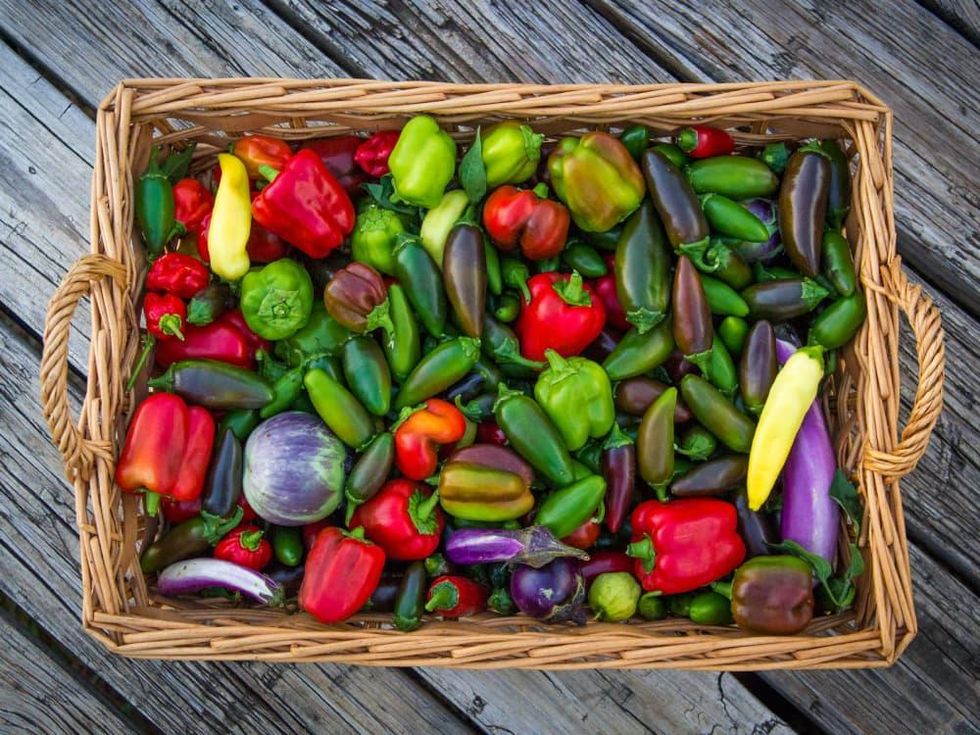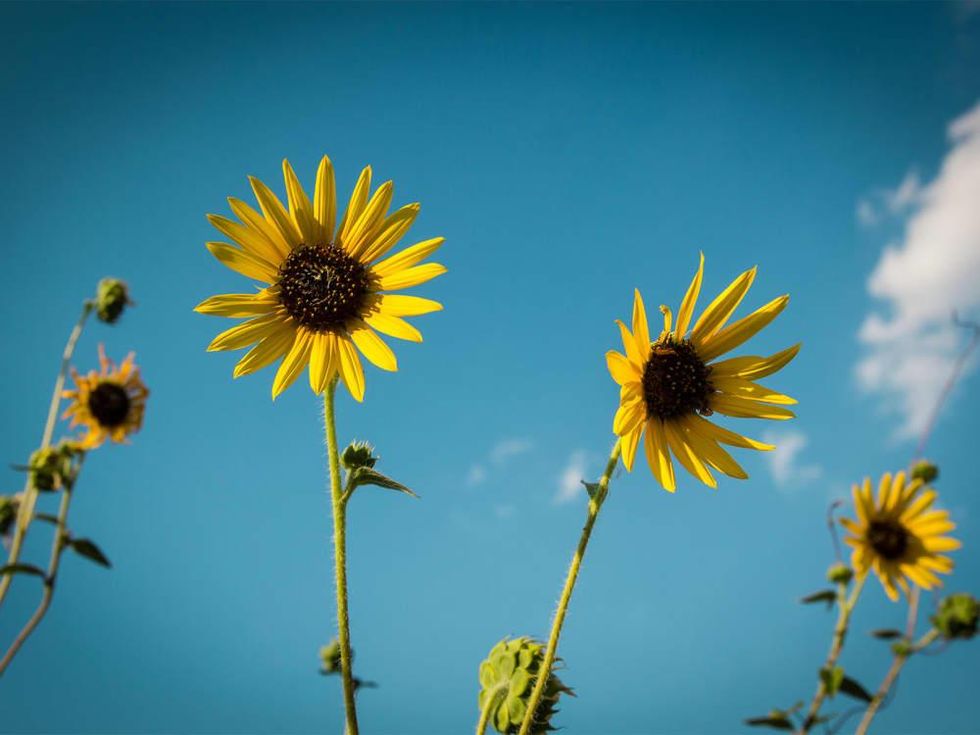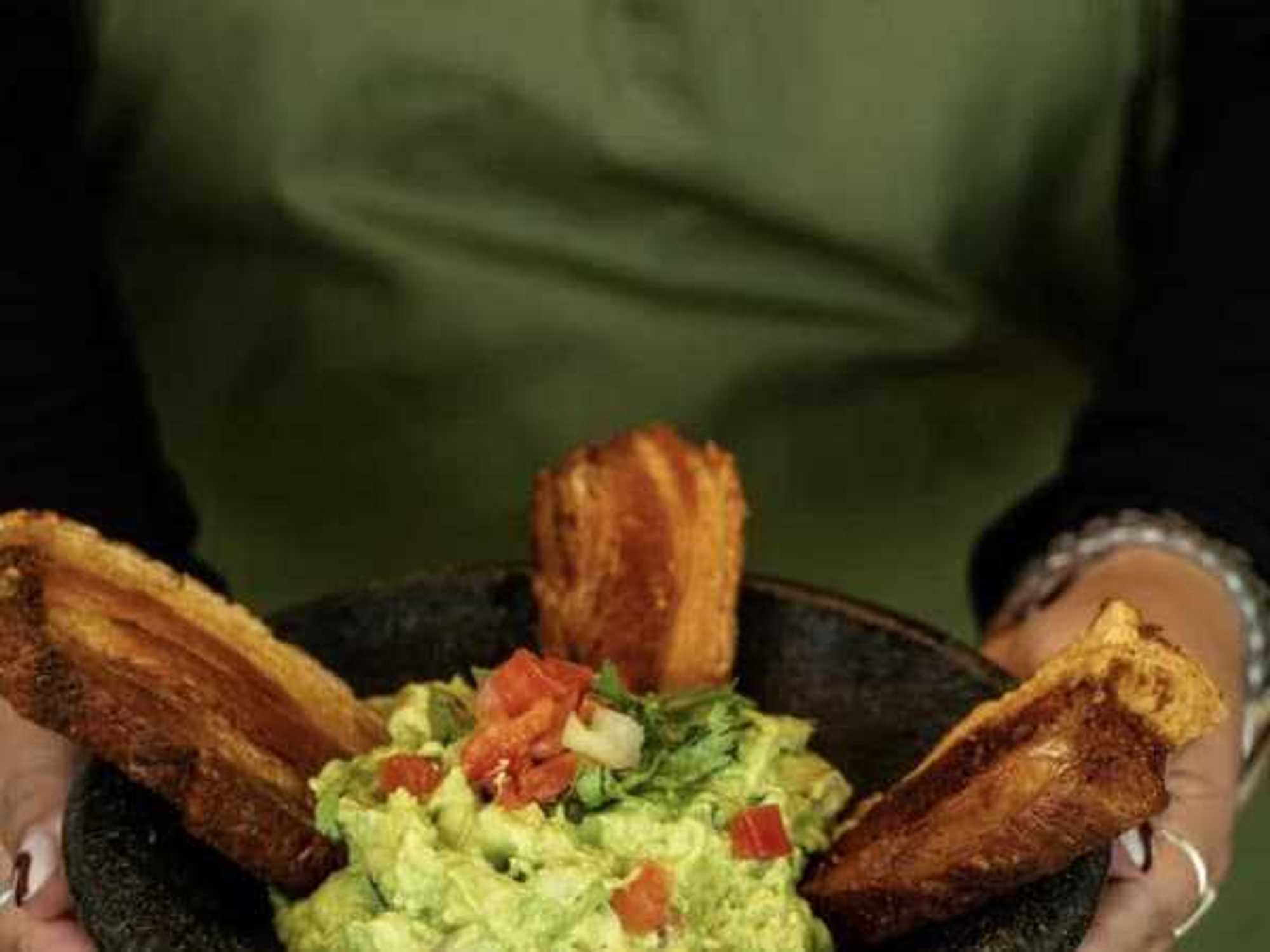The Farmer Diaries
Texas farmer finds reasons to be cheerful despite dismal harvest
The end of August represents the end of the summer growing season, a time to tally up the successes and failures of my crops.
In a normal year, I'd have my fill of squash, okra, tomatoes, potatoes, and onions. I'd not know what to do with all the garlic. The melons would be so numerous that I'd have gorged myself, sold them or thrown the overripe ones into the compost bin.
Not this year.
All squash other than a few my father sowed never made it to its productive stage. Okra was inedible except for a few pods here and there that weren't rock hard from the moment they formed.
About two dozen tomato plants died in the field before setting fruit. Peppers that showed promise were scalded by the sun and unusable. Carrots became woody and tasteless when they were submerged for too long in floodwater.
As to the potatoes and onions my father planted in February, he harvested about a third of what should have been ready by the beginning of summer.
A few of the flowers my wife planted did come through, but most died. And a row of gourds she sowed in April had only one sprout, which withered away.
I never got around to sowing cucumbers or cilantro. Sweet peas died in the mud, and neither my father nor I tried to sow pinto beans.
Even the wildflowers had a bad year. After a springtime show of bluebonnets, the annual parade of colors was disrupted. Indian blanket, with its warm reds and yellows, never came. Lavender and white lemon mint were no-shows. Purple prairie verbena was spotted in a couple of mounds, not running the length of my driveway as it normally does. Evening primrose usually grows like a weed, but its soft pink petals were rare.
You can't grow much when you're handed three months of nonstop rainfall in the spring followed by a summer with 41 days of no rain. Texas growers had no growing season to speak of, or at least one that came between two extremes of too much water and then not enough.
For this to have happened in a year when grasshoppers and other plant-eating insects seemed to have been balanced out by their predators adds a sort of irony to the situation. If one thing doesn't affect your crops, another thing will, I guess.
Perhaps the greatest justification for giving it all up and returning to the grocery store is the huge financial loss these failures incurred. I spent at least $500 on a melon crop in hopes of a $1,000 return that never materialized. What tomatoes and peppers I did harvest would probably have cost me about $70 to $100 per pound.
That doesn't count the seeds that rotted in the ground; the nutrients for plants that never produced; and the value of my time, which I could have spent on more productive tasks.
But I'm not giving up. I will press on and do this again because this year was a success; as in past years, I still harvested something, even if it wasn't what I had hoped for.
I may have picked only about three dozen melons when I had planned on several hundred, but they're as sweet as ever. I've had no excess of tomatoes or peppers, but there's always one when I need it for a meal. The okra and squash has been scarce, but the few dinners when they did fill my plate were satisfying.
A few raised garden beds of zinnias did make it, and they're blooming now. Sweet potatoes planted after the flooding receded show signs of producing a bumper crop in the next few weeks.
That I've harvested anything at all in such extremely adverse conditions is proof to me that I can make things work, a little, even when everything that's outside of my control goes wrong. The weather can bring flooding and then drought, yet I can nurse along seedlings into productive plants, or sow seed again at less than optimal times and still get a little back.
Anyone who gardens in Texas was thrown into the deep end this year, and to have made it through it all with anything to show for it was an accomplishment.
This success or failure of this season had almost nothing to do with anyone's skill in growing fruits, vegetables, and flowers. The whacked-out climate was an overpowering force that couldn't be beaten.
Sometimes things are totally beyond our ability to control or to remedy. We can't feel defeated. We just have to let go of it and hope for better things to come.
Having had stellar years of gardening in the past, I know everything will likely be better again soon — maybe next year.




 Manny's Mexican Kitchen at CityLine.Photo courtesy of CityLine
Manny's Mexican Kitchen at CityLine.Photo courtesy of CityLine